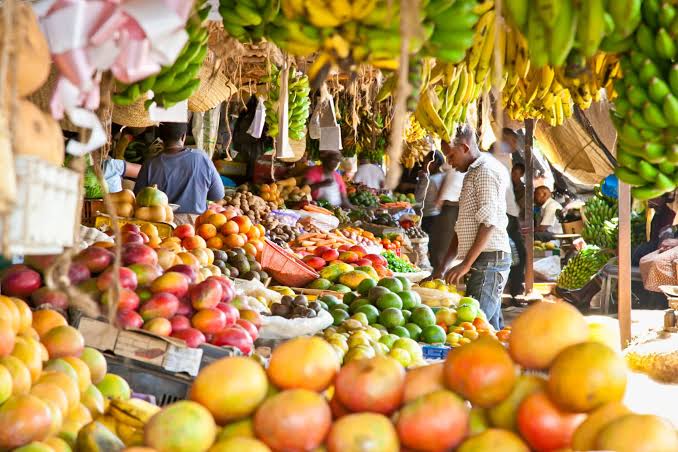The Food and Agriculture Organisation of the United Nations (FAO) has raised alarm over the escalating floods in Nigeria, which are exacerbating the already deteriorating food security situation in the country.
These floods, which have affected 29 states, are displacing thousands, destroying farmland and claiming lives. As of early September, more than 2.5 million people have been impacted, with around 200 000 displaced.
FAO in a statement expressed concern about the potential for increased hunger, as nearly 31.8 million Nigerians are already at
risk of acute food insecurity.
“The floods continue to push vulnerable communities deeper into poverty, and the widespread loss of farmland will severely affect food security. Urgent coordinated action is needed to avert a worsening humanitarian disaster,” said FAO Representative ad interim, Koffy Dominique Kouacou.
By 10 September 2024, FAO said it had recorded 1.3 million hectares (ha) of land submerged, including 558 000 ha of cropland across the country. Floodwaters are expected to continue rising further as rivers swell and dams approach their maximum capacity, further threatening communities across Northern Nigeria.
The National Emergency Management Agency (NEMA) has warned that the northeast and west are at imminent risk of further flooding. States most at risk include Borno, Bauchi, Bayelsa, Enugu, Jigawa, Kano, Kebbi, Kogi, Niger, Sokoto, Yobe, and Zamfara.
Enhanced infrastructure, improved early warning systems and rapid response mechanisms are crucial to addressing the crisis and building long-term resilience,” Mr Kouacou emphasized.
FAO further noted that the upcoming October−November 2024 analysis of the Cadre Harmonisé will further quantify the floods’ impact on food security and nutrition in Nigeria and the region.
“Impact of floods on northeastern Nigeria Adamawa, Borno and Yobe states, where FAO has a strong presence, have been particularly hard hit. Some 880 000 people have been affected in the three states and nearly 300 000 ha of farmland have been destroyed”, the statement said.
Following the collapse of the Alau dam in Konduga Local Government Areas (LGA) of Borno state on 10 September, floods have severely impacted the Maiduguri Metropolitan Council (MMC) and Jere LGAs, affecting over 239 000 people.
An estimated 50 percent of Maiduguri was affected by floods. The floods have disrupted access to essential services, including hospitals, schools, and markets, with significant damage to infrastructure, including bridges.
“Authorities in the state have identified eight centers to temporarily settle the evacuees. The area is now on high alert for outbreaks of diseases including cholera, malaria, and typhoid as well as animal and zoonotic diseases.
“Ongoing coordination and response OCHA is leading the response on behalf of partners to support government authorities. FAO, through OCHA, is supporting the NEMA and SEMA to assess the immediate needs and affected communities.
“In Maiduguri, efforts are ongoing to assist victims of the floods including reopening of eight IDP camps, distribution of food and
essential non-food items.
FAO however, called for the immediate and flexible funding to support ongoing humanitarian response and early recovery efforts, including food and non-food items.
NIGERIAN TRIBUNE
